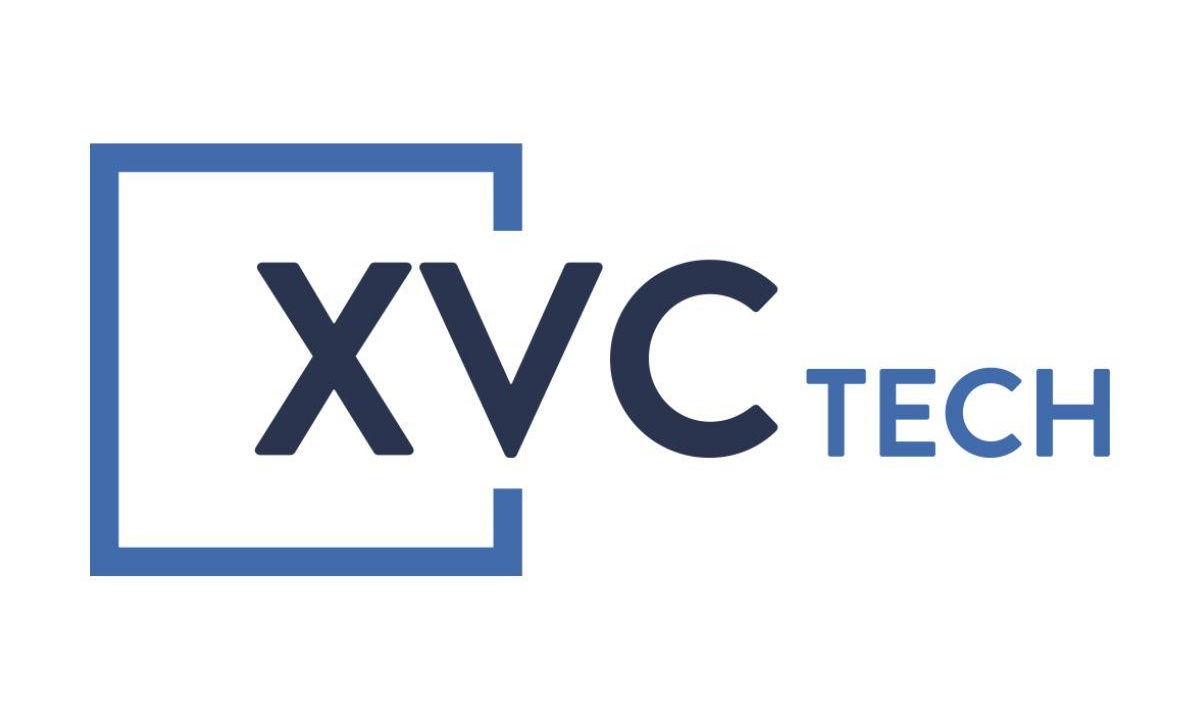“Our goal on the grants team is to be faithful stewards of Ethereum community resources. As part of the Ethereum Foundation’s ongoing effort to diffuse power throughout our community, we give grants that we believe will return the highest impact on the Ethereum ecosystem over the long-term.”Grants are a great way for the foundation to fund external development that will contribute to the Ethereum blockchain, without actually having to employ developers or bring in agencies. Instead, the grants have been set up to fund those who are using their initiative within the open-source Ethereum blockchain, meaning the foundation essentially get cheap labour, whilst rewarding innovation.The grant systemAccording to the Ethereum Foundation, here are some of the main points to consider when thinking about the grants:
- “Open source.”
- “Funding is only for future work.”
- “Avoid playing favorites. We try not to advantage one team over others.”
- “Avoid grants at the application layer, though we do believe that projects and teams working at the application layer should apply when they are building open source tools applicable to the wider ecosystem.”
- “Avoid giving an Ethereum Foundation stamp of approval. EF Grants are not intended to be an endorsement of a particular project over others.”
The take home message from here is that the Ethereum Foundation do have very specific guidelines. They will only fund projects that have future prospects and don’t fund completed work. Moreover, funding does not mean that the project is anyway endorsed by Ethereum, though I guess this portion of the ruling is to cover the foundations back, just incase anything goes wrong. From the perspective of the projects, assuming they do have an outlook for the future and have a working product, they simply just need to apply for funding from the Ethereum Foundation. Thankfully, the blog post does discuss just how the foundation then go on the assess these applications:
- “How important would this be to the ecosystem?”
- “How urgent is the problem?”
- “How many other people are working on this problem?”
- “How much value do we get by giving a grant compared to doing nothing?”
- “We are favorably biased towards projects with reasonable paths towards sustainability. This helps ensure a long-term impact on the investment of community resources.”
- “We look for applicants with relevant experience or proven ability to execute, commensurate with the grant amount.”
- “Alignment with Ethereum values.”
It is clear that the team here aren’t just giving grants to any old Ethereum project, if they did, the Ethereum ecosystem would simply just fail. Of course, the issuing of grants needs to be in favour of Ethereum, so they are going to be very strict on how they issue grants, however, if you do have an idea for a project, something that can help make Ethereum better, just know that the Ethereum Foundation can offer you some sort of support, providing that your idea is good, has a future and is something that aligns with the values of the entire Ethereum ecosystem.
Investment Disclaimer







